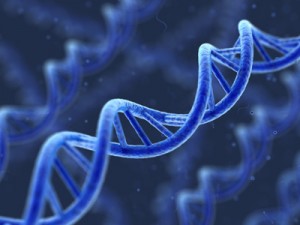Not much has been known so far about the mechanisms in genetic play that leads to breast and ovarian cancers. However, this deficiency in knowledge has been covered by a team from Virginia Commonwealth University Massey Cancer Center. As per this latest research, it has been shown that breast and ovarian cancers can result from excessive mutation of BRCA1. The study was led by Dr, Kristoffer Valerie. He said in his paper that this particular gene caused excessive repair of DNA which could well result in cancer. This excessive repair function is also called hyper-recombination. The entire process could lead to the development of cancer cells and affect the breast and ovaries.

During the study, it was found that BRCA1 affected the function of BRCT, which stands for BRCA1 C-Terminal. BRCT is a known for its function to bind proteins on DNA and provide protection against cancer. Genes like these maintain genetic stability in the body. The process of DNA repair is also aided by these genes. When BRCA1 hampers the function of this gene, the cancer protective shield from the body is broken and uncontrolled repair of DNA takes place. The results of the study can be used to understand cancer on a genetic level and develop better and more effective means of treatment.
Dr. Valerie, the lead author of the study and co-leader of Radiation Biology and Oncology program, says that the study points to the necessity of keeping a firm watch when BRCA1 is affected during cancer. She also says that by understanding the mechanism of development of breast and ovarian cancers, damage to healthy and useful genes can be prevented. Therapies need to aim at not causing any damage to the DNA since it can lead to more undesirable repercussions.
Due to the damage that occurs during cancer treatments, BASC gets attached to BRCA1. This damages the protein protection around the cell since the protein binding mechanism is hampered. In the process, some BASC fail to bind with BRCA1. These in turn cause havoc with the DNA repairing system. For the study, breast cancer cells were grown in the lab. The study revealed BASC ubiquination and hyper-recombination. Ubiquination is referred to the process in which the small protein ubiquitin begins to function in an overdrive, thus causing degradation of proteins surrounding DNA. It can result in inefficient DNA repair and lead to occurrence of breast and ovarian cancers.